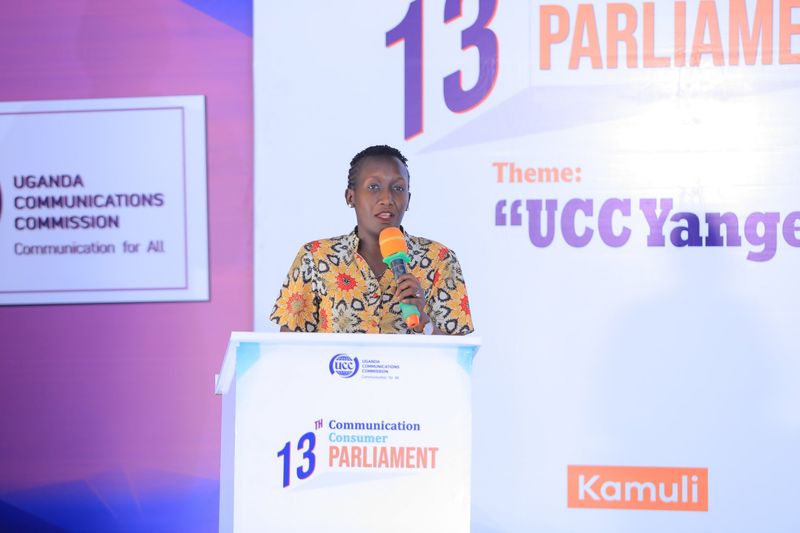President Yoweri Museveni has signed the Income Tax Amendment Bill, 2023, which now imposes a 5% tax levy on non-resident corporations offering digital services to customers in Uganda, after successfully passing through the national assembly.
The Income Tax Amendment Bill, 2023 was presented to the national parliament by Uganda's Minister of Finance, Planning, and Economic Development, Matia Kasaija, in March 2023. One of the proposed changes was the addition of a tax levy on the revenue of international digital businesses.
The new law imposes a 5% income tax on all non-resident businesses that generate income by offering clients in Uganda digital services. The legislation states that if a digital service is provided via the Internet, an electronic network, or an online platform, a non-resident person is deemed to receive money from providing services to a consumer in Uganda.
These initiatives are in line with the efforts being made by several East African countries to boost domestic revenue and benefit from the quickly growing digital economy in order to pay down their mounting public debt. Uganda joins a number of other African countries, including Nigeria, Zimbabwe, Tunisia, Tanzania, Sierra Leone, and Kenya, that have levied various kinds of taxes on digital services provided by non-resident firms.
Who will be effected ?
The new tax system will have an effect on all international digital corporations, including e-cab companies like Bolt and Uber as well as Meta, Netflix, and Google. However, criticism has been leveled at the uncertain manner that will be used, either the implementation of withholding tax or the requirement that non-residents file income tax reports.
If the digital service tax is in place, non-residents who receive money through contracts for services having Ugandan origin will be subject to a final withholding tax of 15%; no exclusions have been stated. As a result, it may be inferred that the effective tax rate will be 20% when both strategies are used. Although it has not yet been done, the conflict may be addressed in a future amendment.
The levy's opponents also contend that it is a tool for limiting access to social media and stifling free speech in a government hostile to such platforms. Yoweri Museveni, the president of Uganda since 1986, has criticised social media, saying it is frequently used to promote rumours.


